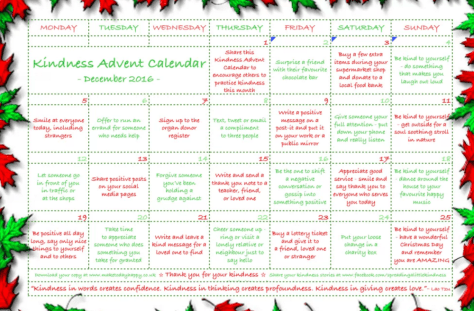When we lived in Atlanta, my oldest daughter attended International Community School, a public charter serving the local refugee and immigrant community. About half of the students were refugees or immigrants, and for kindergarten and first grade, it was an extraordinary place to be. In the face of the refugee ban and travel restrictions, the neighborhood flooded the school entrance with signs of support and love. It started with a lone sign and they quickly multiplied, with friends and strangers rushing to assure the kids and their families that they belong, that they are loved.
It can be easy to forget that “refugees” or “immigrants” refers to individuals, to families, that are just like us, but born in a different place. The school’s neighbors went out of their way to recognize that to the school community immigration and refugee policies are not just policy, but affect people’s lives. And they made a statement that they consider these refugees and immigrants to be part of the community, not separate from it.
Here’s the CNN story with a few more details (and the school Facebook account has more photos of the inspiring signs).
http://www.cnn.com/2017/01/30/health/medlock-families-support-refugees-trnd/index.html
I’m thinking about how to show kindness to strangers in troubled times, to recognize their humanity and acknowledge their struggle. What do you think?



 Here is a link to a wonderful
Here is a link to a wonderful